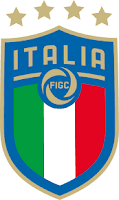 |
| Gencraft |
9 March 2024
Dear sir or madam at the Antitrust Division of the U.S. Department of Justice:
I understand you are scrutinizing the Disney-Fox-Warner sport bundling agreement, and you no doubt are sensitive to the situation in televised sport since the recent congressional hearings on sport media rights.
I draw your attention to two of this weekend's top offerings in sport and entertainment, because they are demonstrative of the problem now in the streaming industry—which is to say, for our times, in the television industry.
In sports, this weekend will see a meeting of the top two, closely matched soccer teams in the world contending for the Premier League championship, Manchester City and Liverpool. NBC owns U.S. TV rights to Premier League matches in the United States. NBC's practice is to break up matches horizontally, across its many media properties and contractual arrangements, compelling consumers to have to pay for multiple services to follow a single team in a single sport.
The practice is worse still: high-interest matches such as Sunday's are available only with the purchase of subscription bundles to channel packages consumers do not want. Yes, the match is available from multiple electronic packages, but each is an expensive bundle: Fubo, Sling, DirecTV, and USA on cable television. There is no one-off purchase option, nor even a one-channel purchase option. The price of one month on one of these services far exceeds the market value of one match, or even four weekly matches.
This leveraged bundling, compelling consumers to buy what they do not want to get what they do want, especially in a billing format of opt-out subscription renewal, is an anticompetitive practice. It is ironic that Fubo has sued in private antitrust enforcement to stop the Disney-Fox-Warner agreement. Fubo's position seems to be that it wishes to profit in the vertical market from bundling leverage, but does not want providers to profit from the same model in a horizontal arrangement. In entertainment, the Oscars air on ABC Sunday night. Like NBC in sports, ABC is making this popular program available only through bundled channel services such as Fubo, Sling, YouTube Live, Hulu Live, DirecTV, and ABC on cable television. Again, there is no one-off purchase option, nor even a one-channel purchase option.
Again, consumers must buy access to content they do not want, again in a billing format of opt-out subscription renewal. Media watchers such as Vulture advise consumers to purchase a television antenna to see the Oscars on ABC broadcast. Is it not plain evidence of ABC's anticompetitive practice that in this day and age consumers would have to regress technologically to over-the-air broadcast to avoid paying for what they do not want? Never mind the fact that old-fashioned broadcasters have substantially dampened their signal power, so that over-the-air reception is not feasible for many Americans, even on the fringes of large markets.
Disney-Fox-Warner argue that they must forge an agreement to meet consumer demand, so their agreement is in the public interest. They are not wrong. However, they are right only insofar as you already have permitted an anticompetitive market to exist. For a player in this market to succeed, it must grow bigger, must exploit horizontal and vertical integration.
The fundamental problem is that the market already is dysfunctional. Market actors are trying to replicate the cable model in a streaming world. But the cable model came about as a function of technological limitations, not market forces.
Is it not self evident that in a free market, consumers would be able to buy what they want and not buy what they do not want?
I entreat you not to approve of the creation of another integrated market player. At the same time, I entreat you, start taking a hard look at the anticompetitive practices that already are tolerated in existing horizontal and vertical integrations, especially through the strategy of channel-bundling leverage and opt-out subscription sales.
Sincerely,
Rick J. Peltz-Steele
(for information only:)
Attorney, Washington, D.C.
Chancellor Professor, UMass Law School

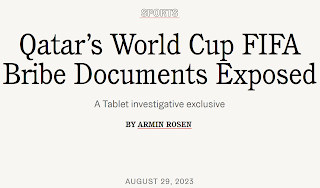




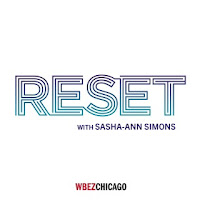


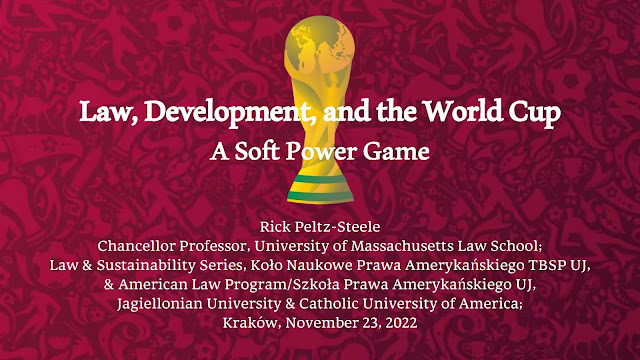


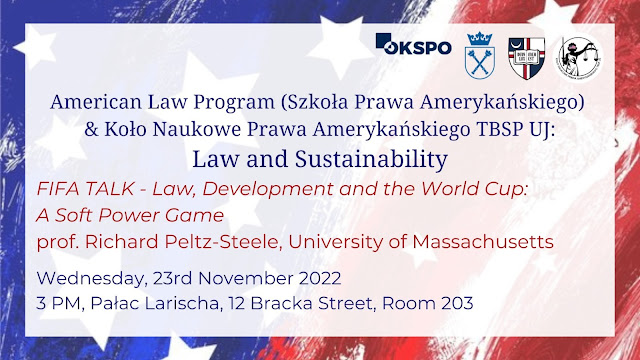

.jpg)







